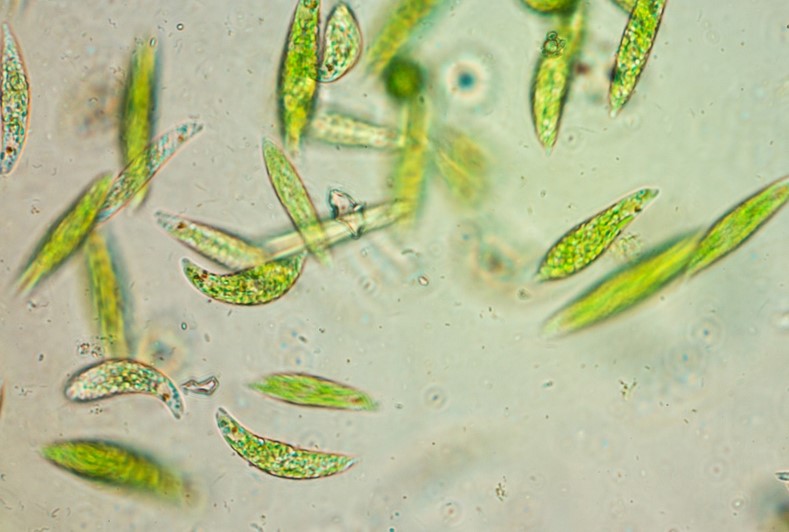Circular Economy R&D: Transitioning from the Linear Economy
_750_487_75_c1.jpeg)
On Wednesday 10 February 2021, in collaboration with BioInnovation Wales, AberInnovation hosted an exclusive webinar aiming to address our pressing need to transition from linear to circular modes of production. We heard from Martine Spittle on the range accredited CPD courses available through BioInnovation Wales, offered for free until later in this year and then available at a greatly discounted rate. Our second speaker was Dr Will Stiles from the University’s Institute of Biological, Environmental and Rural Sciences (IBERS). Will explored some of the concepts around circularity before sharing with the group his latest research.
What is the Circular Economy?
The circular economy is an economic model that seeks to eliminate ‘one-use’ materials and methodologies in the production of goods and services. In contrast to linear models of ‘make, use, dispose’, circular economy principles aim to keep resources in use for as long as possible while greatly reducing waste by recycling and repurposing materials wherever possible.
Sustainable Animal Feed
It’s of little surprise that agricultural consumption is set to increase, leading Dr Will Stiles to emphasise the importance of effective agri-waste management methods. Current agricultural approaches to organic waste management often result in large losses of nutrients, affecting water and air quality, not to mention significant emissions of greenhouse gases.
By 2050, consumption of meat and livestock products is predicted to double and the global increase in demand for meat products will result in a rise in demand for protein animal feed, in particular soya - production of which is driving deforestation across the globe.
Securing sources of animal feed sufficiently high in protein but without production methods that are ruinous to vital rainforests is therefore a pressing challenge in the UK. Will went on to highlight the importance of research and development efforts to develop sustainable feedstock within our own borders.
Case Study - Microalgae
Following this, the case study presented during the webinar drew attention to the challenges and opportunities for using microalgae in the circular economy to valorise anaerobic digestate.
The production of microalgae has several applications, including:
- Production of cosmetics and nutraceuticals
- Biofuel production
- Soil conditioner or slow-release fertiliser
- Protein source for human or animal feed
Wider opportunities include reducing agricultural impact on the environment, reducing demand for manufactured fertilisers and a controlled management of organic waste burdens.

From Waste to Energy
The presentation was brought to a close with a detailed explanation of anaerobic digestion (AD) technology, a safe biological process in which food waste and other organic materials are broken down by micro-organisms in the absence of light and oxygen, producing renewable energy and a nutrient-rich biofertiliser. Anaerobic digestion facilities, together with a range of other bioprocessing capabilities, are available at our Biorefining Centre.
Circular economy solutions for organic waste management through the application of microalgae therefore have big potential and could represent a clear way forward in feeding a growing population in a sustainable manner.
We recognise that it will take an entire ecosystem of industry working together to reach circularity, but cases like this show that innovative solutions are constantly being developed and that we are heading in the right direction.
Key barriers identified in our transitional journey include:
- Access to knowledge and data
- Education and awareness
- Businesses have not made circularity a focus previously
At AberInnovation we are heavily invested in facilitating our shift to circular modes of production, and encouraging and promoting circular economy research and development alongside valuable co-located partners, including BioInnovation Wales.






